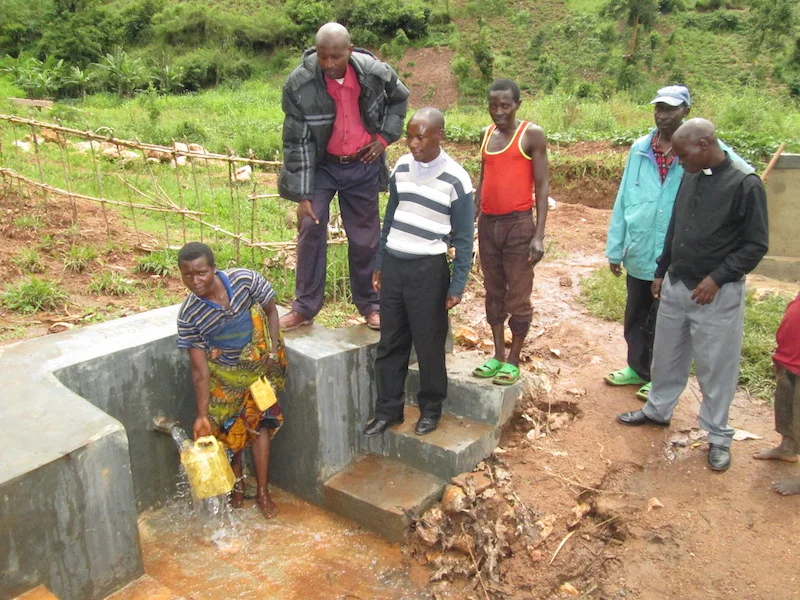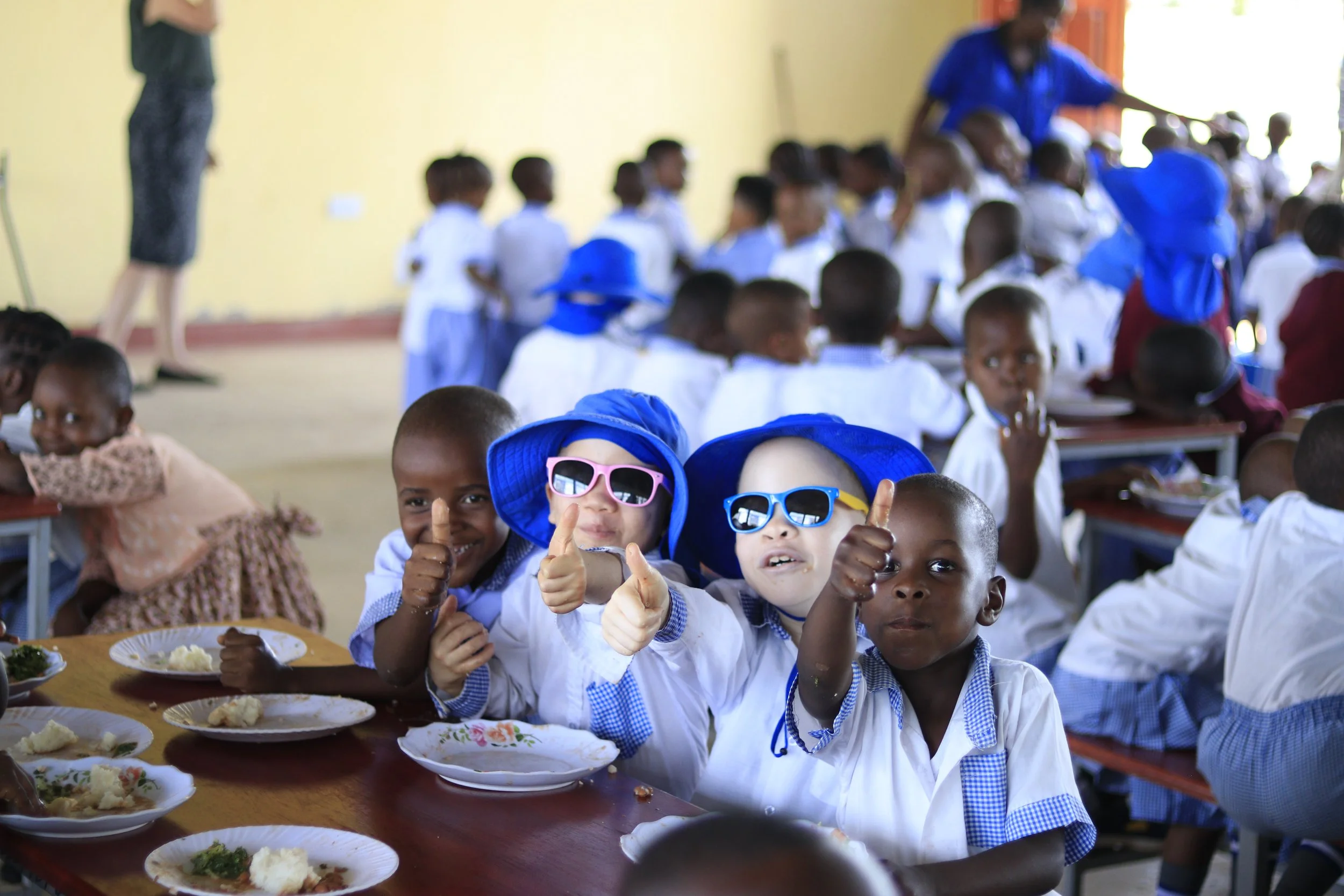Who Would You Trust to Improve Your Own Community?
“Their Eyes Have Been Opened”
Tanzania and Burundi
In Buye, Burundi, residents celebrate the fact that their hard work now means they have clean water in their community.
Whom would you trust to improve your own community?
When a big decision - renovating the library, building a new school - is made in your community, to whom do you turn? While many of us expect that outside experts will come into town to provide technical answers, we also want to hear from locals, people who know our community, our context and our people to be sure the technical answers address the key needs.
It is no different for aid projects in the developing world. Locals are the ones who know the situation on the ground, know what has - and hasn’t - worked in the past.
At ARDF, our model all along has been to work through locals on the ground to determine how the North American church can help. We do not have ARDF staff on the ground. But we do have the local church, a trusted institution that knows - and is known to - the community.
Over time, ARDF has developed trusted relationships with effective local leaders in places that are in dire need of transformation.
For example, in Tabora, Tanzania, the local church is working to support the Tanzanian government’s plans to expand education for girls. How are they doing this? By building hostels that will increase access to education for girls who live far from the high schools. But opening new schools won’t completely solve the problem. The needs of the community are more complex. The vulnerability of girls to sexual violence contributes to excessive drop out rates more than the lack of a school.
As our researcher, Nicole Burke of The GRID, reports:
“As the city [of Tabora] grows and the government encourages more schools to open, there are consequently more students who need safe housing. What makes this project sustainable is the fact that the rent received will help fund church-planting activities in the Diocese.”
The latest hostel for girls was recently competed and the community is rejoicing that more girls can safely attend secondary school. Watch this video clip of girls moving in!
At ARDF we are confident that our model works by placing the decision making power in the hands of those closest to the community. The churches we work through are ideally situated to both represent and be accountable to the local community.
Meanwhile In Burundi, the church in Buye has been instrumental in bringing clean water to communities. One community leader comments,
“The Anglican Church has been a great help in my locality through this project. My people have taken the implementation as their own, and their eyes have been opened even towards other development works, I testify it because when we call them to the community works held each Saturday, they come in great number and with obedience. The water that we have got will reduce sickness due to lack of hygiene, and indirectly will contribute to the development of the community. Why? Because having good life is a key towards development.”
Through ARDF, you can rest assured that you are contributing to projects that won’t disappear as soon as the money is gone.








